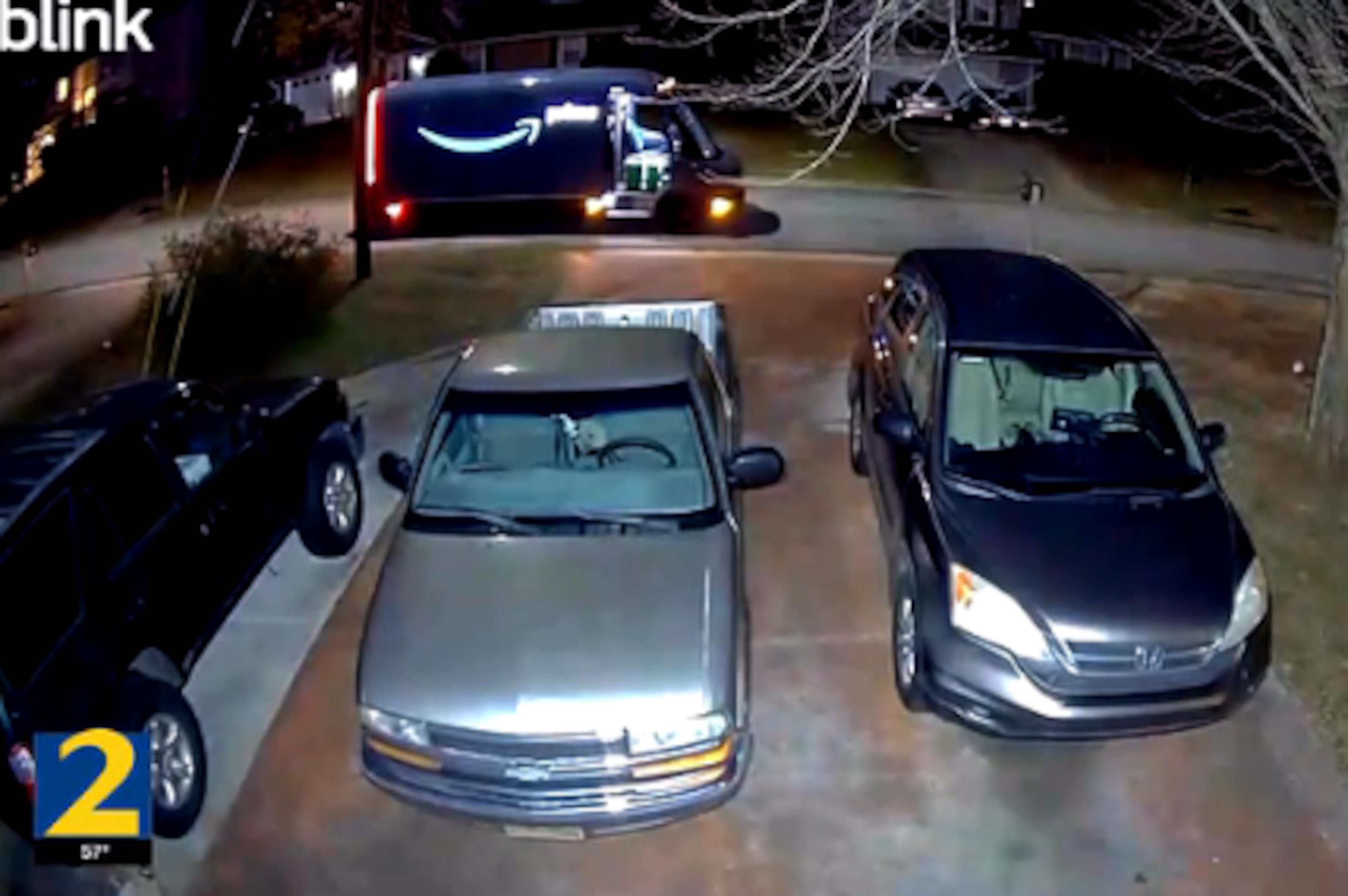Emory to get machines that can scrub high volumes of protective gear

Emory University and its health care system are acquiring seven sophisticated sterilization machines to extend the life of single-use protective gear such as respirator masks as hospitals across the country fighting the coronavirus grapple with shortages of critical supplies.
The new Bioquell machines use vaporized hydrogen peroxide to decontaminate medical equipment in about two hours. Emory is first using the machines to decontaminate so-called powered air-purifying respirator hoods (PAPR) and is testing the machines to decontaminate N95 masks, isolation gowns and disposable stethoscopes.
Hospitals and clinics generally use single-use personal protective equipment with each patient to help stop the spread of harmful germs. But COVID-19, which is extremely contagious, requires heavy levels of protective gear, and the flood of patients requiring hospitalization created a supply crunch for N95 respirator masks, gowns, gloves and face shields.
“You can imagine during the time of a health care crisis when we have to wear these more, we didn’t have enough,” said Dr. Colleen Kraft, an associate professor in the Department of Medicine, Division of Infectious Diseases, at Emory University School of Medicine. “How do we perpetuate that? How can we extend the life of what we have?”

Money for the new machines is coming from a $5 million donation from the James M. Cox Foundation, the charitable arm of Atlanta-based Cox Enterprises.
“Fighting this pandemic requires all of us doing what we can to support our frontline workers,” said Cox Chairman Jim Kennedy. “We’re excited to help with this new technology to enable hospitals to sterilize and reuse vital equipment that is in such short supply. We’re concerned that some businesses may open prematurely and we’ll see a spike in cases, making the need for PPE equipment even more important.”
Emory initially started using ultraviolet sterilization methods to safely extend the life of N95 masks to up to four uses.
But in recent days, Emory piloted the new sterilization method using vaporized hydrogen peroxide. Emory used the same gas to deep clean rooms after treating Ebola patients in 2014.
Kraft said the Emory team can sterilize 700 masks at a time during one cycle — or enough masks for one shift at the hospital — with multiple cycles performed per day.
Masks, hoods and other gear are hung from racks in a room carefully sealed to contain the gas. A fine mist of vaporized hydrogen peroxide is blown around a decontamination room, penetrating and sanitizing the interior and exterior of the equipment.
Kraft said after the sterilization process, there is no risk to the broader environment or to providers from off-gassing, unlike some sterilization methods like ethylene oxide.
“We think it has a lot of promise,” Kraft said.
Other money from the Cox donation, which was announced in March, has gone to Emory for new coronavirus testing equipment. The new sterilization machines will be able to quickly sanitize the hoods that medical staff wear when administering COVID-19 tests, Kraft said.
The Atlanta Journal-Constitution is a division of Cox Enterprises.



